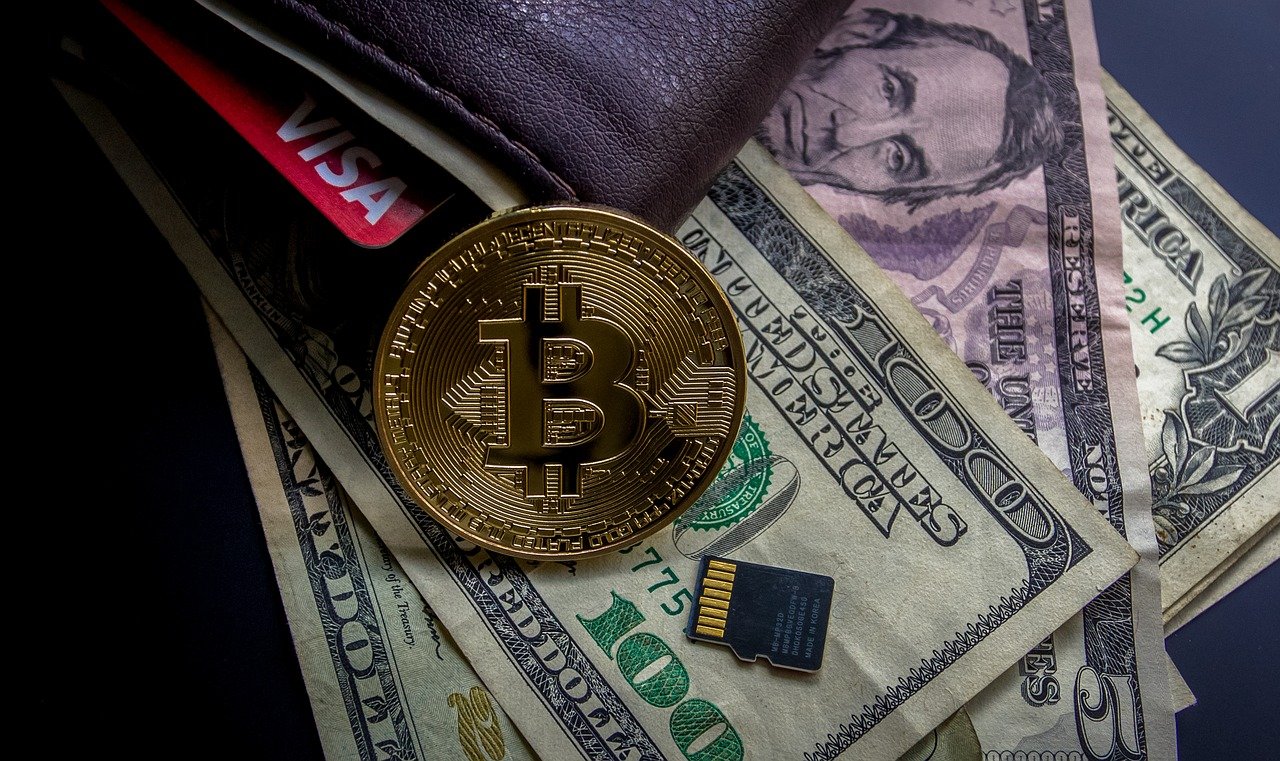Not a day goes by without news and announcements about virtual currency. The topic of Bitcoin has become a lot of not only geeks but also a wide audience that has discovered options and bets, and online casinos using cryptocurrencies (for example, discover Playamo casino, one of the best of its kind). The change in its course (increased 15 times since the beginning of the year) has become one of the main events of 2021. Be that as it may, if you distance yourself from such glitter, it is very important to consider the true economic consequences of this mesmerizing phenomenon.
Big Data is making itself felt more and more in all societies and industries, making the issue of tracking information increasingly important. In an environment of an incredible abundance of information, how can you achieve reliability and correct data processing? The answer lies in the area of technological innovation, blockchain. Much more than cryptocurrencies, this technology paves the way for historic transformations in many industries. Given its enormous potential, some even compare these changes to those brought about by the formation of the Internet in the 1990s.
Kingdom of Trust
The point is that blockchain is a “kingdom of trust”. It becomes the answer to a fundamental gap on the Internet, where information (images, texts, sounds) is transmitted using data packets, whose value is only related to what they can do, and does not exist by itself. This technology (it allows you to transform many assets into tokens) will lead to big changes in key sectors of the economy: electricity generation, regulation of financial systems, transport… Blockchain can replace documents and intermediaries, thereby ensuring: increased security and acceleration of operations, reduced cost resulting in increased productivity, safety and efficiency, optimization of supply routes and new markets. Whether in terms of development prospects or negative impacts in terms of human resources, the solution is not at all binary. The question is not whether it is worth using blockchain or not, but how to make the right choice. To do this, you must first outline the perimeter. To what extent should it be applied? Who will use it? Fully or partially? And on what terms?
Why Do People Choose Bitcoin for Finance Operations?
There are opportunities to make a difference. The first is for Bitcoin to be accepted by a large number of trading players. Any significant shopping site can start accepting Bitcoin payments in parallel with other payment methods. In the absence of obstacles from the authorities, p2p payments can absorb many currencies, and those who do not accept them will be pushed aside. During each operation, the user will be able to specify in what currency it should be carried out. The recipient can request an immediate and automatic conversion into any other currency of his choice. Unity of accounts will no longer be a competitive condition for choosing between payment systems.
The second possibility concerns the reduction of the transaction confirmation time (almost 10 minutes): it makes it unsuitable for payments in stores, where the average delay does not exceed a few seconds. Blockchain technology is constantly evolving. Gradually, it should stabilize and reduce the time for solving algorithms.
In addition, Bitcoin, by its very nature, has no value. It is simply data that flows between a buyer who uses that currency to purchase a product on their own scale of value, and a seller who has their scale of value. This is the purpose of any currency. Be that as it may, in the absence of a system of regulation and control, it needs some kind of implied value to establish trust, the cornerstone, without which the currency today simply cannot exist.
In Сonclusion
Thus, virtual currencies need to replace trust in the financial system with others that rely on technology without regulation and technical certification. The central figure of such trust will no longer state, but private players in the algorithmic economy. We are witnessing a transition to distributive management, a social revolution.
Be that as it may, to expand capacity, it is necessary to link industry, law, and education. Bitcoin shouldn’t change the world. It will not replace existing currencies, but it can form the basis for the emergence of an updated monetary system, which has never happened before. Blockchain could take over this, pave the way between fantasy and reality.



 Bitcoin
Bitcoin  Ethereum
Ethereum  Tether
Tether  XRP
XRP  Solana
Solana  USDC
USDC  TRON
TRON  Cardano
Cardano  Lido Staked Ether
Lido Staked Ether  Avalanche
Avalanche  Toncoin
Toncoin